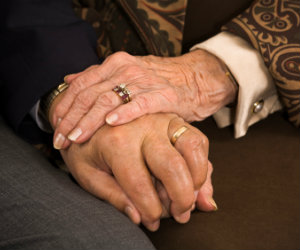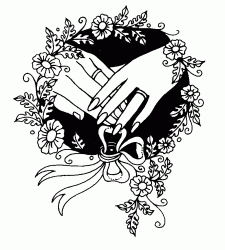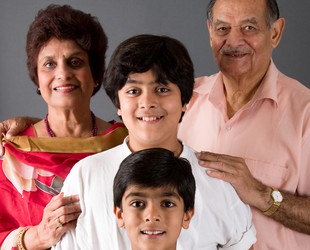Indian society lays a lot of emphasis on “respect for elders”. The question is what do we mean by the term “respect”?
Generally speaking it is used to mean deference to the opinions of elders, being subservient to their needs and expectations, consulting them for every decision – big and small – that one has to take in life.
Is this really a healthy trend? Respect and love for elders is certainly healthy and necessary. Looking after their needs, loving and cherishing them are the hallmark of an emotionally healthy society. They make for happy senior citizens.
The problem really lies in the fact that this very concept is confused with allowing elders to dominate and run the life of youngsters, thus depriving them of a chance to live and learn, thus gathering their own experiences. This is very disturbing. It is sometimes convenient to allow someone else to make decisions for us and then shove the responsibility for everything – good, bad or ugly – onto their shoulders. But this is the very trait that later leads to very major problems. Come the time when elders pass on into eternity, the “youngsters” (who may be by then middle-aged or senior citizens themselves) are left totally unequipped to face the challenges of life on their own and to be the guiding light to the younger generation. Although this sounds like an extreme situation, it is not uncommon.
The other problem with this scenario is the fact that times are changing fast. The older generation, though experienced in many basic issues of life may not necessarily be so experienced in others, as they may find it difficult to comprehend the emerging new scenarios on the Indian scene. Apart from this they have to be able to let go “for the good” of the youngsters. The latter must be allowed to take some hard decisions – right or wrong – and learn for themselves. What better time than when the “elders” are still around to buffer any hurt?
It is fine to advise them in matters like handling people, money and the like. But some decisions may have repercussions that no one can foresee or guard against. No one, not even very seasoned elders. So let the youngsters take that decision based on the data available to them. Let the elders be the sounding board for the youngsters to evaluate the pros and cons of any action without imposing their decisions on the youngsters.
Most elders would say they want to see their children happy, but would then go on to define “how” they want them to be happy. They lay out the parameters and definitions for the happiness of the youngsters on their own perception of happiness forgetting that the concept of happiness undergoes a sea change with the efflux of time. In this process they end up making the youngsters unhappy by not allowing them to follow their own hearts in some very fundamental matters like what they would like to study or whom they would like to get married to. Simply falling blindly in line does not necessarily mean the youngsters “respect and love” their elders in the real sense of the word. It could just be fear and resentment.
Unless there is love, there can be no respect. This is something that needs to be realized to ensure a happier and more content society.






